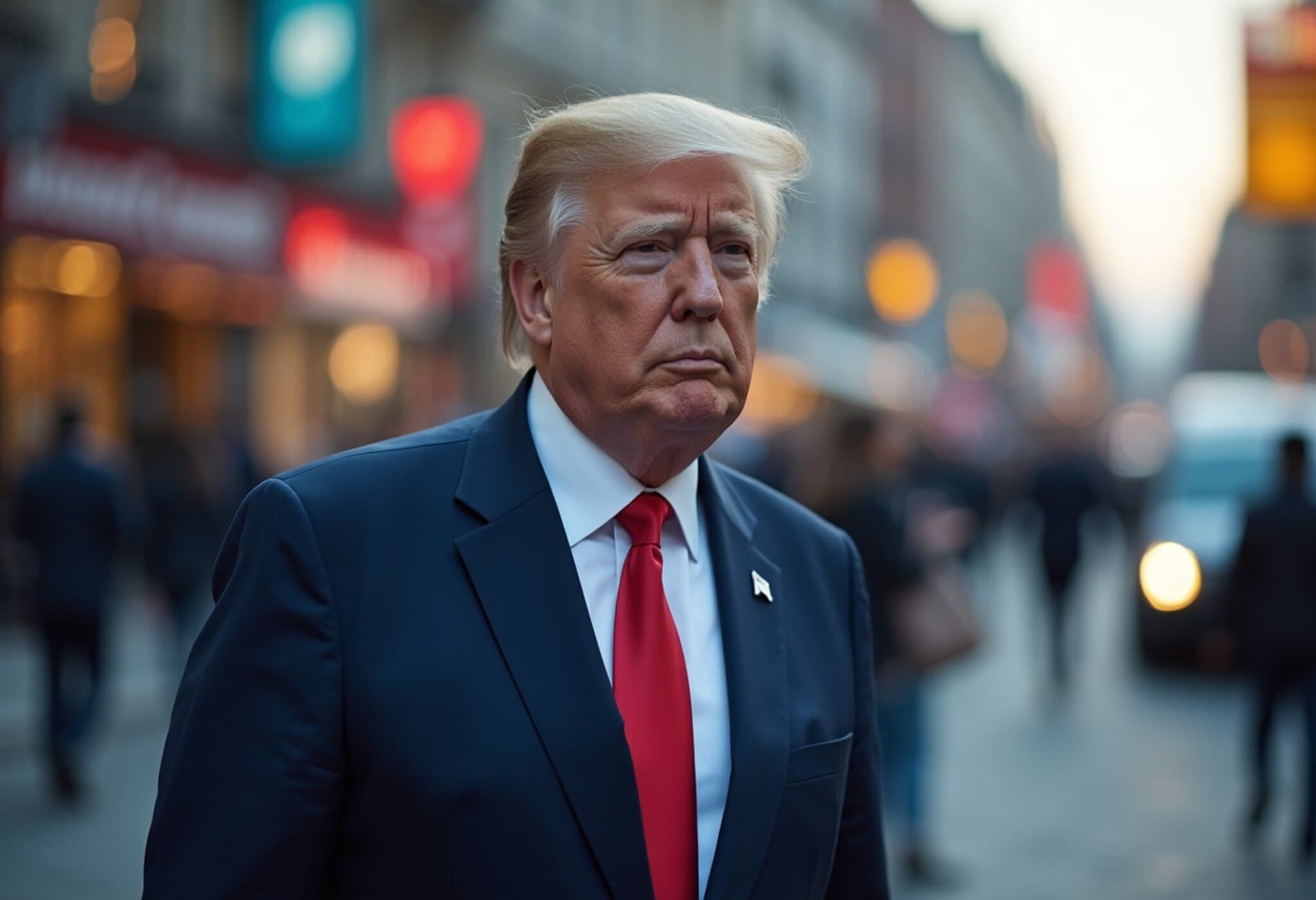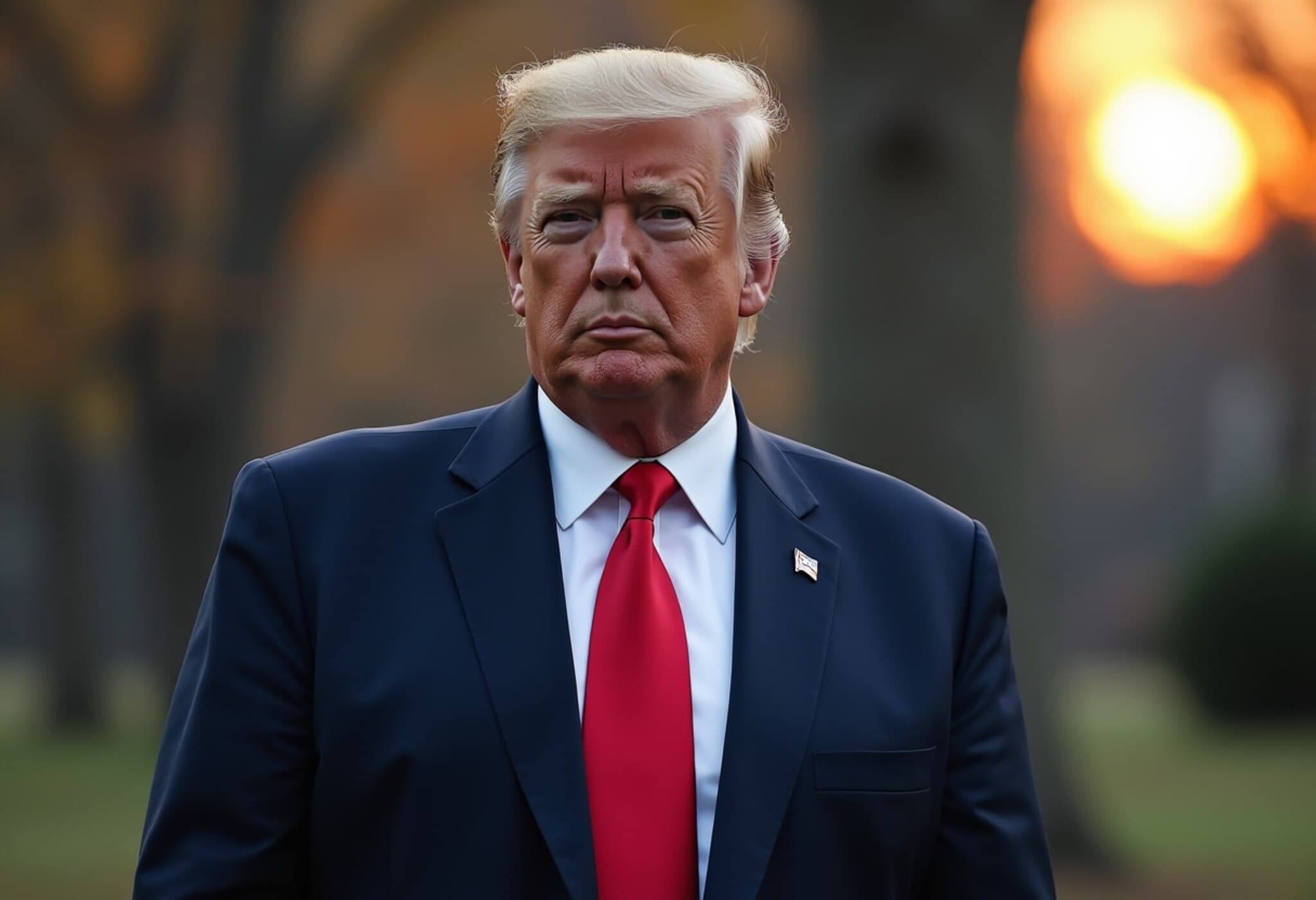Meta to Stop Political Ads Across EU Platforms Amid Regulatory Challenges
In a significant move set to reshape the digital political advertising landscape in Europe, Meta Platforms Inc. announced it will cease all political advertising on its Facebook and Instagram services within the European Union starting October 10, 2025. The decision arrives as the company grapples with the complexities and uncertainties stemming from the EU's freshly introduced Transparency and Targeting of Political Advertising (TTPA) regulation.
Understanding the TTPA Regulation and Its Impact
The TTPA regulation aims squarely at increasing transparency around political ads while countering disinformation and foreign interference during elections across the 27-member bloc. Key provisions compel Big Tech firms to disclose detailed information about political adverts, including who funds them, the amount spent, targeted elections, and precise ad delivery mechanisms. Failure to comply carries hefty penalties—fines that can reach up to 6% of a company’s annual global turnover.
While the legislation reflects long-standing concerns about election integrity and digital media accountability, Meta describes the regulatory framework as “unworkable.” The company cites a burdensome operational environment riddled with legal ambiguities, making compliance so challenging that continuing political ads would be unsustainable.
Meta’s Perspective: Balancing User Information and Compliance Barriers
Meta emphasizes that personalized political advertising is a crucial tool for informing voters on social and political issues, fostering meaningful public discourse. By withdrawing these ads in the EU, the company warns that both advertisers and voters might suffer. Advertisers could lose an effective outreach channel, while voters may find their access to nuanced political information curtailed, potentially dampening democratic engagement at a critical moment.
“We believe that personalized ads power a diverse spectrum of advertisers, including those championing civic participation and awareness around pivotal debates,” a Meta spokesperson explained. “The new TTPA rules impose legal and operational challenges that are difficult to navigate without sacrificing advertiser effectiveness and user experience.”
Regulatory Intent Versus Industry Realities
This standoff reveals a broader tension between regulatory ambitions and technological implementation. European lawmakers seek robust guardrails to protect elections from manipulation and opacity. However, companies like Meta argue that overly stringent, complex mandates risk unintended consequences—such as reduced political transparency if fewer ads run on prominent platforms or pushing political discourse to less regulated, opaque corners of the internet.
Experts caution that while the EU’s intentions align with democratic integrity, policymakers must consider pragmatic frameworks that balance transparency with operational feasibility. The coming months will likely involve intense debate over refining these rules to avoid pushing major platforms toward withdrawal, which may fragment digital democracy rather than safeguard it.
What This Means for the American and Global Context
Meta’s European withdrawal injects a cautionary tale for other democracies wrestling with political ad regulation, including the United States. As similar discussions emerge around disinformation and foreign meddling in U.S. elections, the EU’s experience signals the potential pitfalls of rigid rules that could hamper advertisers’ ability to engage voters and platforms’ capacity to monitor political content effectively.
From an economic standpoint, political campaigns often rely heavily on targeted digital advertising to mobilize supporters and communicate policy messages cost-effectively. Any limitations in this channel could shift political communication strategies, possibly favoring campaigns with larger budgets for traditional media or in-person outreach.
Key Takeaways
- Meta will stop all political ads in the EU starting October 10, 2025, responding to the EU’s Transparency and Targeting of Political Advertising regulation.
- The new EU rules require detailed disclosures on political ad sponsorship, target elections, and spending, with fines up to 6% of annual turnover for violations.
- Meta stresses that personalized political ads play a critical role in voter information and public discourse, warning their removal could hamper democratic engagement.
- This development spotlights the delicate balance between combating disinformation and preserving functional political advertising ecosystems.
- Other democracies, including the U.S., face important lessons as they consider similar regulations.
Editor’s Note
Meta’s impending ban on political ads across the EU signals a pivotal moment in the digital regulation debate. While the EU seeks to tighten controls to ensure transparent and fair political discourse, the reaction from a major platform underscores the challenges of implementing sweeping regulatory changes without unintended side effects. Policymakers and industry leaders must collaborate to design frameworks that protect democratic processes without undermining effective political communication. For citizens and voters, the evolving landscape raises important questions: How do we ensure access to reliable political information in an increasingly digital world? And how can regulations foster transparency without stifling vital political voices?



















